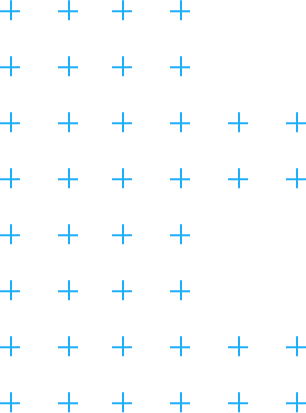Calculating CPA can shed light on marketing campaign efficiency and performance
Cost per acquisition (CPA) is a key metric for organizations of any size, highlighting the profitability of marketing campaigns and daily operations. Business professionals seeking to optimize marketing strategies must have a thorough understanding of CPA and how it is calculated to make informed financial decisions. Let's take a closer look at the CPA formula and its significance to business success.
Read more in Cost Per Acquisition: The Complete Marketer's Guide.
What Is The CPA Formula?
To calculate cost per acquisition, simply divide the total cost of an ad campaign by the number of new customers or leads acquired. The CPA equation is:
CPA = Total cost of ad campaign / Number of new customers or leads acquired
An alternate CPA calculation divides the cost per conversion (CPC) by the conversion rate as a decimal. This CPA formula can be useful when you have existing performance metrics at hand:
CPA = Cost Per Click (CPC) / Conversion Rate
The cost per acquisition formula helps businesses measure the performance and cost-effectiveness of marketing campaigns. It allows businesses to understand the amount of money it takes to acquire a new customer while identifying creative elements that resonate with an audience.
By calculating CPA, businesses can make informed decisions about allocating resources to the most effective marketing channels. A lower CPA indicates that the ad campaign is more efficient in acquiring new customers or leads, while a higher CPA may signal the need for adjustments to the campaign strategy. This approach allows marketers to optimize the return on investment from campaigns.
CPA in Practice
Businesses can optimize their CPA and overall conversion rate (CR) by implementing high-impact strategies, such as audience targeting, creative optimization, and retargeting campaigns. By targeting specific demographics, businesses can focus their resources on reaching the most relevant audience, leading to a higher CR. Optimizing ad creative and landing page copy can help content resonate with an audience, building connections that increase the likelihood of conversion. Additionally, retargeting campaigns can help bring back former customers or leads who expressed interest but did not convert initially, thus increasing CR at a lower cost than pursuing new leads.
CPA Industry Benchmarks
The current industry benchmarks for CPA vary across different industries. For example, the CPA formula tells us the legal services industry has an average acquisition cost of $749, while entertainment boasts $260. The automotive industry CPA average is $582 while oil and gas is $793, but solar energy companies have an impressive $353 by comparison.
Understanding your industry benchmarks can provide insight into the efficiency and effectiveness of digital marketing efforts. For example, automotive vehicles and gas companies have high saturation and decreasing interest, while green energy companies like solar have a growing demand that helps decrease acquisition costs. These insights help companies set realistic goals, evaluate performance, and make informed decisions about marketing budgets.
What Is a Good Cost Per Acquisition?
To determine a good CPA metric, businesses should compare it to the customer lifetime value (LTV), which represents the total revenue a customer is expected to generate over their relationship with a brand. A good CPA should be lower than the LTV, ensuring a positive return on investment for each new customer.
The ideal CTV benchmark should be at least one-third of the CLV. For example, if the LTV for a customer is $300, the CPA should ideally be $100 or lower. Achieving this balance helps to ensure sustainable profitability and growth.
Make tvScientific Your CTV Partner
tvScientific was co-founded by senior executives with deep roots in search, programmatic advertising, digital media, and ad verification. We think scientifically, and our results are driven by a belief in one, simple formula: Trust = Data x Transparency x Control.
With powerful attribution capabilities, real-time reporting, automated optimization, and built-in, always-on testing, we believe that tvScientific provides the most robust, transparent, tailored CTV advertising platform. Once you see it for yourself, we know you will too. Request a demo today.






